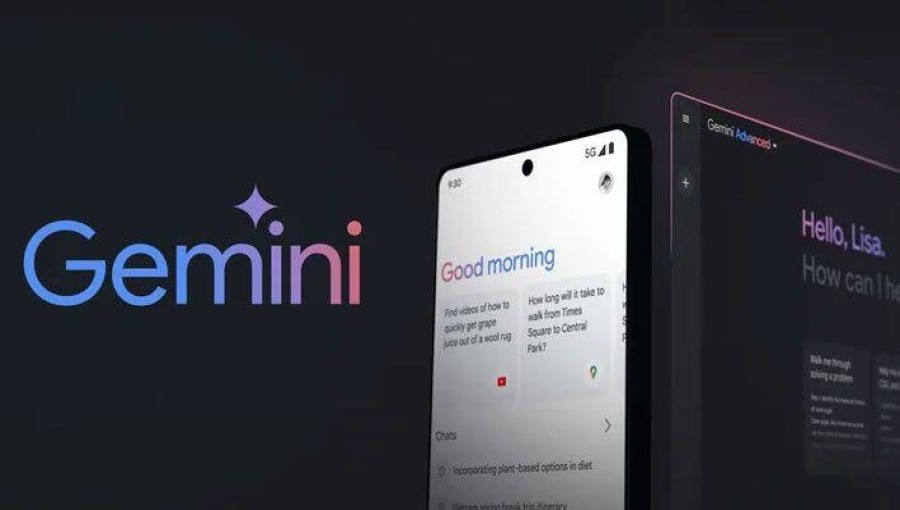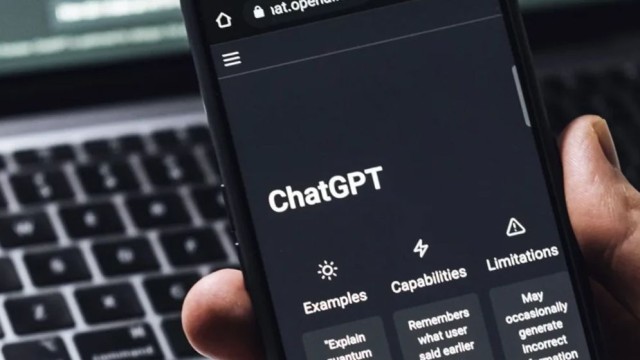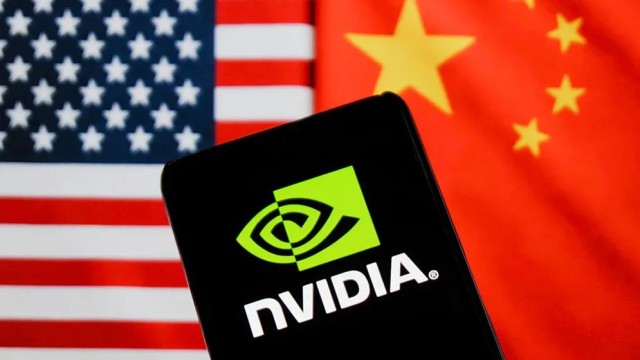Google has announced restrictions on its AI chatbot Gemini from answering questions related to global elections scheduled for this year, citing concerns over potential missteps in the deployment of the technology. The move comes amidst growing apprehensions surrounding misinformation and fake news, particularly in light of advancements in generative AI, including image and video generation.
Gemini, when queried about upcoming elections such as the U.S. presidential match-up between Joe Biden and Donald Trump, now responds with a message indicating that it is still learning how to address such inquiries and suggests using Google Search instead. Google had previously announced similar restrictions within the U.S. in December, with the intention of implementing them ahead of the election.
A spokesperson for Google stated, "In preparation for the many elections happening around the world in 2024 and out of an abundance of caution, we are restricting the types of election-related queries for which Gemini will return responses." This decision reflects Google's proactive approach to mitigating the potential spread of misinformation through its AI-powered chatbot.
Apart from the United States, several other countries, including South Africa and India, are gearing up for national elections. India, in particular, has urged tech firms to obtain government approval before releasing AI tools that are deemed "unreliable" or are still in the trial phase, emphasizing the importance of labeling such tools to warn users about the potential for inaccuracies.
Google's AI products have faced scrutiny following inaccuracies in some historical depictions of people generated by Gemini, leading the company to temporarily suspend the chatbot's image-generation feature. CEO Sundar Pichai acknowledged the issues, describing the chatbot's responses as "biased" and "completely unacceptable," and affirmed the company's commitment to addressing them.
In a similar vein, Meta Platforms, the parent company of Facebook, announced plans to establish a dedicated team to combat disinformation and the misuse of generative AI in the lead-up to the European Parliament elections scheduled for June. These measures underscore the growing recognition of the need to address the potential risks associated with AI technologies in the context of elections and information dissemination.






























Comment: